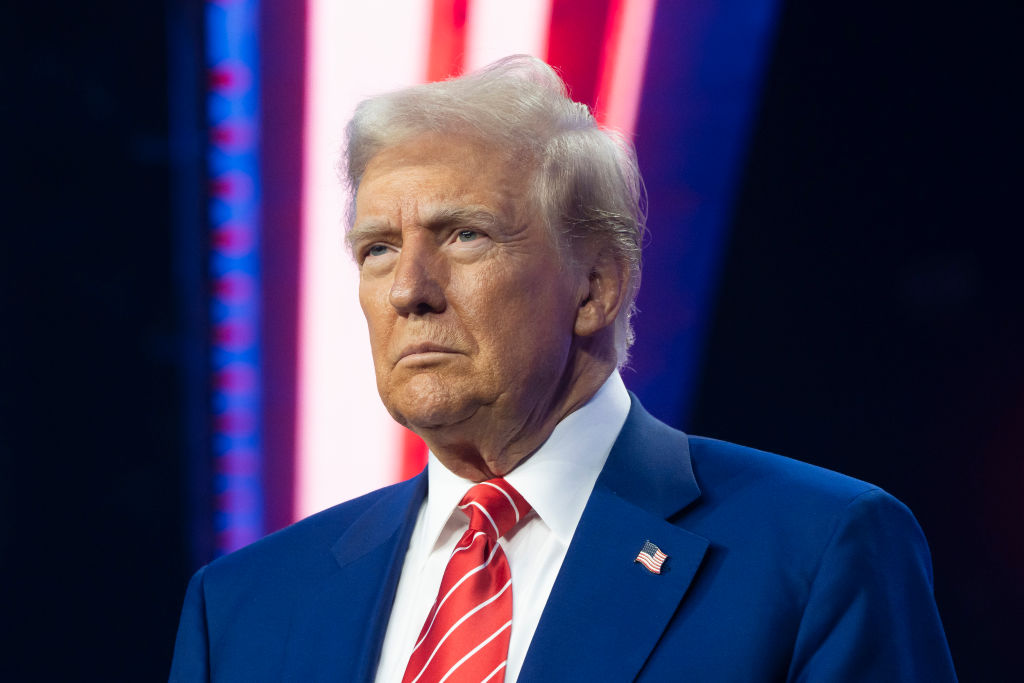The US Supreme Court will hear arguments next month regarding President Donald Trump’s plan to implement an executive order that seeks to end the right to US citizenship for some children born on American soil, Politico reported.
For now, the court is not formally reviewing the constitutionality of Trump’s attempt to end birthright citizenship. Instead, it will assess a more technical but potentially significant issue: the authority of lower court judges to issue broad injunctions that block a president’s policies from being enforced nationwide.
Three federal judges have issued nationwide injunctions against Trump’s birthright citizenship order, stating that it violates the 14th Amendment, which has long been interpreted to grant citizenship to virtually anyone born on US soil.
Earlier in March, the Trump administration filed emergency appeals, asking the courts to narrow or lift those injunctions. The administration argued that district judges do not have the authority to issue rulings that halt policies across the entire country, according to *Politico*.
In an order issued on Thursday, the Supreme Court agreed to hold a special oral argument on May 15 to address the question of whether district judges have the power to issue such broad rulings. It is rare for the court to schedule arguments on emergency appeals, and the decision indicates that the justices are taking the Trump administration’s position seriously.
If the Court sides with the administration, it could allow the government to begin implementing its citizenship policy in certain parts of the country.
Trump introduced the policy via an executive order on the first day of his second term. The order seeks to deny US citizenship to children born in the US to parents who are undocumented immigrants or who are in the country on short-term visas.
Many legal experts argue that the policy directly conflicts with Supreme Court precedent and the language of the 14th Amendment, which states, “All persons born or naturalized in the United States, and subject to the jurisdiction thereof, are citizens of the United States.”
Nationwide injunctions have blocked numerous Trump administration policies since he assumed office for a second term on January 20.
Trump’s Justice Department has argued that federal district judges should only have the authority to block policies within their own geographic district, or only in relation to the individuals or groups who filed the lawsuit.
In the emergency appeal filed last month, the administration wrote: “Years of experience have shown that the Executive Branch cannot properly perform its functions if any judge anywhere can enjoin every presidential action everywhere,” Politico reported.
However, supporters of nationwide injunctions argue that they are the only effective way to address unlawful actions by the government.
ANI














